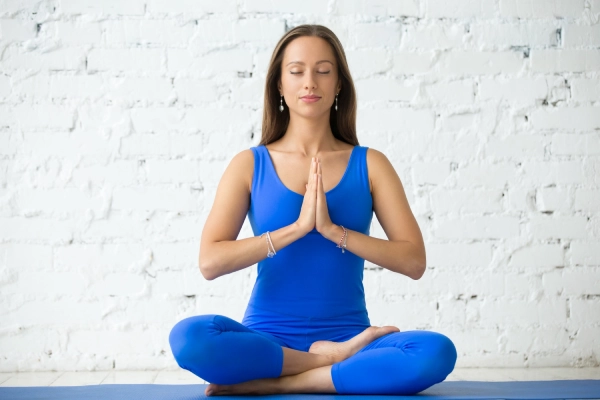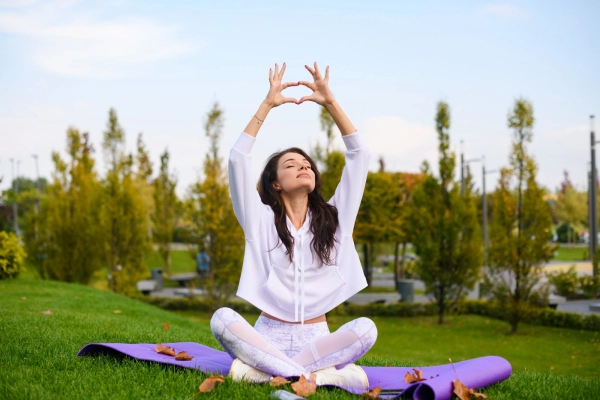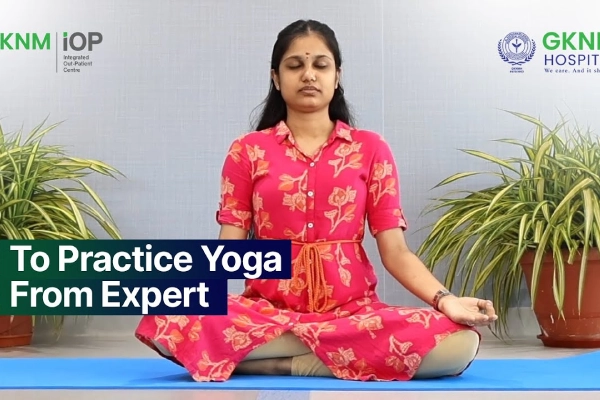Alternative Medicine Overview

Alternative medicine refers to medical practices and treatments that are used in place of, or alongside, conventional medicine. It encompasses a wide range of approaches, techniques, and therapies that may not be considered part of mainstream medical practice.
Alternative medicine often emphasizes the importance of treating the whole person, rather than just the symptoms of a disease or condition. Practitioners of alternative medicine may take into account factors such as diet, lifestyle, emotional well-being, and spiritual beliefs when developing treatment plans.
Alternative therapies encompass a broad range of approaches to health and wellness that fall outside of conventional medical practices. These therapies often focus on treating the whole person and may include physical, mental, emotional, and spiritual aspects of health.
Services
- Yoga Therapy
- Acupuncture Therapy
- Cupping Therapy
- Varma Therapy
- Reflexology
- Electro Homeopathy
- Naturopathy Treatments
Yoga therapy is a form of therapy that uses the techniques of yoga to help and manage your disease condition.
Yoga is a practice that connects the body, breath and mind. The word yoga originated from the word "yuj" meaning union. Sage Patanjali is considered as the father of Modern Yoga.
The components of yoga include certain restraints and observances, physical discipline, breath regulations, restraining the sense organs, contemplation, meditation and samadhi. These steps have a potential for improvement of physical health by enhancing circulation of oxygenated blood in the body, retraining the sense organs and thereby inducing tranquility and serenity of mind. The practice of Yoga prevents psychosomatic disorders and improves an individual’s resistance and ability to endure stressful situations. It also helps in management of various metabolic disorders such as diabetes mellitus, hypertension, PCOS, etc.
General Benefits:
- Improved flexibility & range of motion
- Increased muscle strength and tone
- Better posture
- Healthy weight management
- Improved digestive health
- Improved sleep quality
- Improved Mental health
- Stress Management
What do you learn in therapuetic yoga classes?
A customized yoga plan that includes the following curated to your specific health condition
- Loosening and stretching exercises
- Asanas (Postures) - Standing, sitting, prone & supine
- Breathing exercises
- Pranayama (breathing practices)
- Relaxative practices
- Basic guided meditation

Treatments & Procedure
sub Heading
Gynecological & Hormonal
Heart & Circulatory
Wellness
Respiratory & Immune System
Neurological and Musculo-skeletal
Addictions
Kidney/Bladder
Eye, Ear, Nose and Throat
Gynecological & Hormonal
- Infertility in women and men
- Menopause
- Premenstrual syndrome (PMS)
- Diabetes
- Morning sickness
- Menstruation (irregular, heavy, or painful)

Team of Doctors

Dr. R. Priya Dharshini
BNYS (Bachelor of Naturopathy & Yogic Sciences)
In - Charge - Department of Alternative Medicine



.jpg)

.jpg)


.jpg)
















